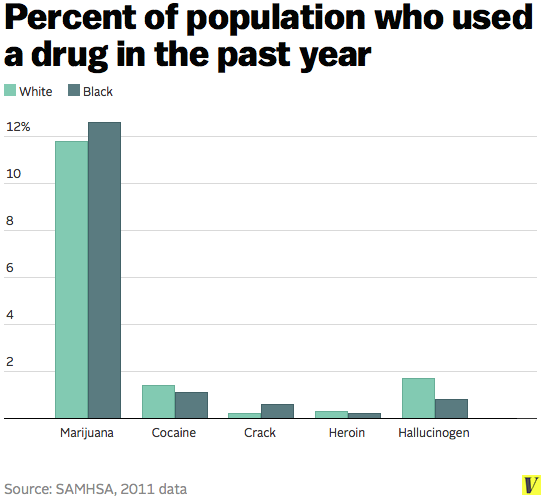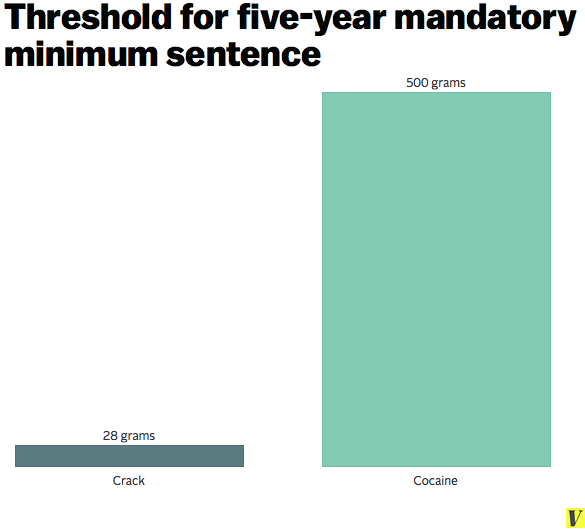One thing I'm curious about in regards to affirmative action:
The boilerplate argument against it is the typical "but a POC took a place that could have been given to a more qualified white person, how is that fair?"
When the data is shown that much of the underperformance of POC can be tied to wealth inequality (which is tied to property taxes funding schools, and access to opportunities, more time for parents to be at home to be involved with their kids, etc etc), then the response is often "well then AA should be determined by income, etc".
I wonder if these folks complaining about AA being based on race think that there would actually be less POC 'taking spaces for more qualified white people'? Based on all the info we have about poverty and poverty rates, it suggests that actually more POC would get access to opportunities if AA switched to an economic model instead of a race/ethnicity model. (According to my college friends who went to Berkeley High in the 90s, the school actually did this switch and predictably more POC were admitted to their high school, much to the chagrin of the white folks who were campaigning for the change)
How do folks in this thread feel about that idea? (moving to a more economic/income based form of AA)
The boilerplate argument against it is the typical "but a POC took a place that could have been given to a more qualified white person, how is that fair?"
When the data is shown that much of the underperformance of POC can be tied to wealth inequality (which is tied to property taxes funding schools, and access to opportunities, more time for parents to be at home to be involved with their kids, etc etc), then the response is often "well then AA should be determined by income, etc".
I wonder if these folks complaining about AA being based on race think that there would actually be less POC 'taking spaces for more qualified white people'? Based on all the info we have about poverty and poverty rates, it suggests that actually more POC would get access to opportunities if AA switched to an economic model instead of a race/ethnicity model. (According to my college friends who went to Berkeley High in the 90s, the school actually did this switch and predictably more POC were admitted to their high school, much to the chagrin of the white folks who were campaigning for the change)
How do folks in this thread feel about that idea? (moving to a more economic/income based form of AA)





